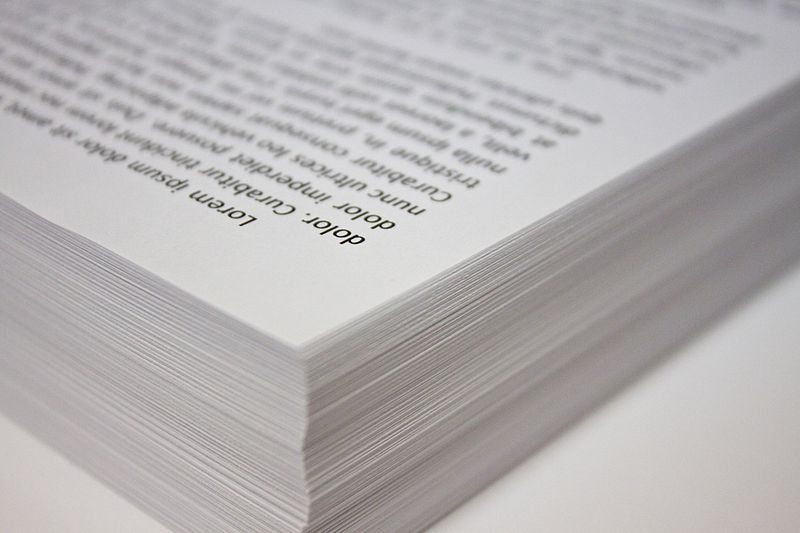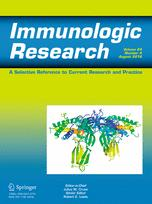 A leading psychology research society in Germany has called for the end of PubPeer postings based on a computer program that trawls through psychology papers detecting statistical errors, saying it is needlessly causing reputational damage to researchers.
A leading psychology research society in Germany has called for the end of PubPeer postings based on a computer program that trawls through psychology papers detecting statistical errors, saying it is needlessly causing reputational damage to researchers.
Last month, we reported on an initiative that aimed to clean up the psychology literature by identifying statistical errors using the algorithm “statcheck.” As a result of the project, PubPeer was set to be flooded with more than 50,000 entries for the study’s sample papers — even when no errors were detected.
On October 20, the German Psychological Society (DGPs) issued a statement criticizing the effort, expressing concern that alleged statistical errors are posted on PubPeer before authors of original studies are contacted. The DGPs also claimed when mistakes that are detected by statcheck and posted on PubPeer turn out to be false positives, it still results in damage to researchers that is “no longer controllable,” as entries on PubPeer cannot be easily removed.
Today, statcheck’s creators, led by Michèle Nuijten — a PhD student at Tilburg University in the Netherlands, who we’ve previously interviewed about statcheck — responded to DGPs’ critcisms, saying that there is value in Continue reading Psychological society wants end to posting error-finding algorithm results publicly







